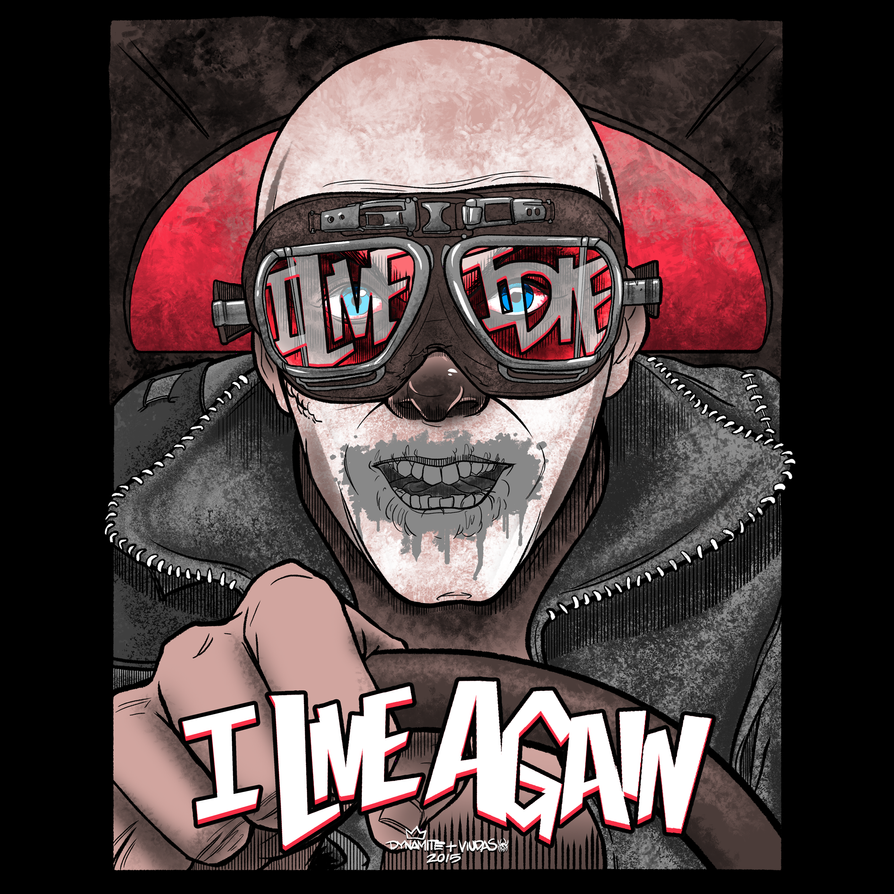Gods of the Fall is a game set in but a tiny portion of a much larger cycle. The Falls have happened before, and may well happen again. The gods of old weren't the first and, if the PCs have their say, will not be the last. This kind of cyclical story can be played in more than one way as well. Gods of the Fall implies that the new gods are probably not full-on reincarnations of the old gods. There are too many remnants and threads of the old that need to be plucked or cut or burned away. In addition the game's strong allowance for the PCs to be their own gods with nearly limitless choice further points to the PCs being entirely new.
But that doesn't have to be the case. Maybe you want to run things so that the PCs are specific gods reborn anew who must not just claim their divine right, but re-claim their old dominions and powers. In such a case you may want to lean in on Relics of the PCs past selves. In addition you may want to set the players to the task of designing their characters from the top down, or rather from the 6th tier down. Having a complete ultimate version of each player's character can allow the GM to both plan accordingly but also to make liberal use of foreshadowing. A character may find themselves on the receiving end of an ability they don't yet have for instance.
Additionally by helping to design the old gods the players will be able to have a little more in-character knowledge than usual, and may even be able to set up personal story arcs where their god rethinks their past selves' choices. A player may have the opportunity to fix mistakes of their past self, or even approach their dominions in a different way than their did in their prior incarnation. Sure, it's a little more work up front for both you and your players, but it also opens up opportunities that may not present themselves otherwise.
This kind of cyclical play also allows for something a little different within Gods of the Fall, starting as Gods and playing through the Fall. Think about it, it's the kind of opportunity that seldom comes along. Your players build their gods up to their ultimate point, the time just before the Fall when they are probably at their strongest. You, as GM, then run them through a session (or two, or three, or more) as their full-on god selves while the world falls to shit around them. Maybe they fight against it, maybe they try to escape it, maybe they try to lay contingency plans for their eventual return. In the end their gods die ... and are reborn as first tier gods to be, not yet aware of the auspicious destiny that awaits them!
If your group is really good you may even convince them to let other players run their prior god-selves. In this way they can truly see how the Fall and rebirth changed their gods. Or didn't. Sometimes the cyclical nature of things is a result of not progressing and advancing from iteration to iteration. In the end you may finish your campaign the same way you kicked it off, with the fully powered gods Falling once more...
 |
| Image Source: http://albert-lopez.deviantart.com/art/I-Live-I-Die-I-Live-Again-537322192 |




